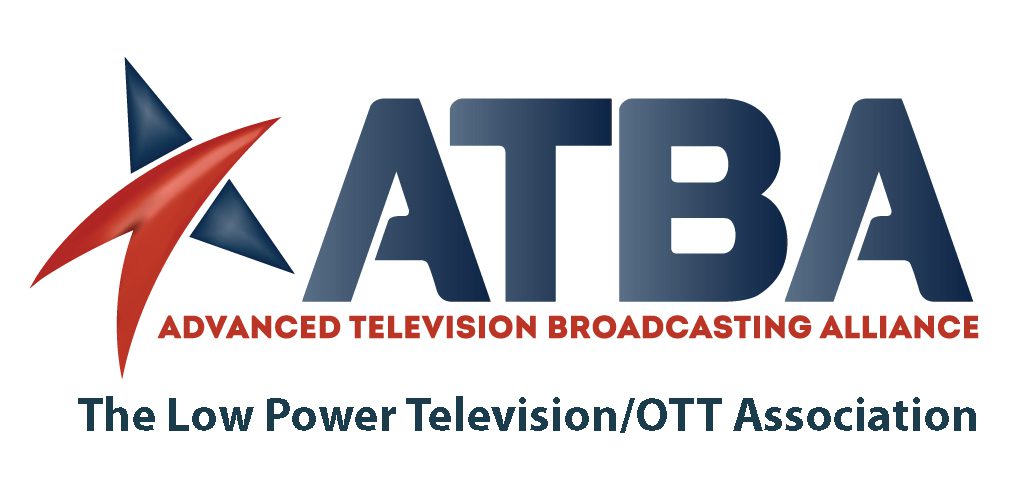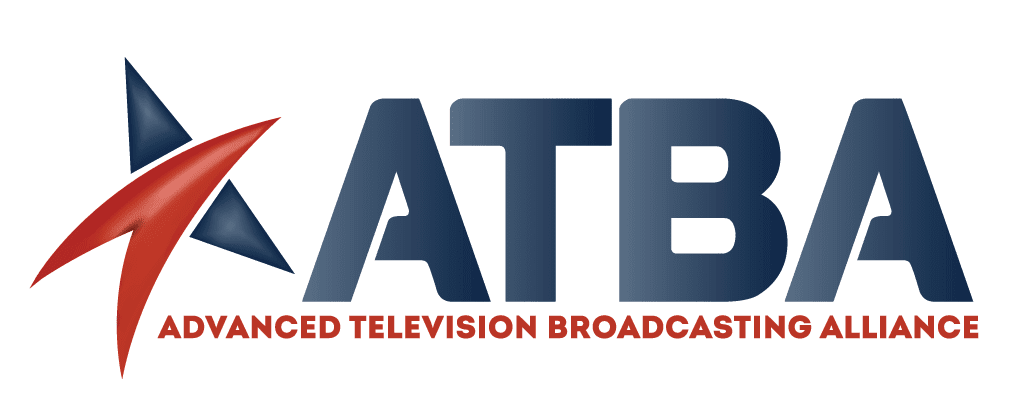Paul, Weiss, Rifkind, Wharton & Garrison LLP – Patrick S. Campbell
Capping an historic, year-long process that began with voluntary commitments by broadcasters to relinquish their channels to the wireless industry, the FCC’s incentive auction ended yesterday with the conclusion of the assignment phase, which added $136 million in gross bids to bring the forward auction total to nearly $19.8 billion. At the end of the incentive auction process, the FCC was able to clear 84 MHz of relinquished broadcast television spectrum, out of which 70 MHz was sold to wireless industry bidders during the forward auction. (The remaining 14 MHz will be reserved for unlicensed use.)
In a statement on the FCC’s auction website, the agency confirmed that it will “release the Incentive Auction Closing and Channel Reassignment Public Notice in a few weeks” that notice will announce the results of the reverse and forward auctions and “provide important information, reminders and details regarding post-auction procedures and the obligations of successful bidders.” The release of that notice will also trigger the start of the 39-month spectrum transition and channel repacking period for broadcasters that remain on the air. By the close of business today, the FCC said it would also issue a document specifying the formats of the reverse and forward auction results files which will depict roundby-round results, bidder identities, etc. and will be released through the FCC’s online Public Reporting System on the day after the Incentive Auction closing notice is issued.
Congratulating the FCC on a successful auction process, National Association of Broadcasters executive vice president Dennis Wharton declared: “we look forward to working on a bipartisan basis with policymakers on a seamless transition for our tens of millions of TV viewers.” As Competitive Carriers Association CEO Steve Berry applauded the end of the incentive auction as “an important step in reallocating spectrum to expand mobile broadband in rural areas,” Scott Bergman, the vice president of regulatory affairs for wireless association CTIA said: “we now need to roll out our sleeves and work toward a smooth and timely transition that will allow wireless providers to deliver new services.”














